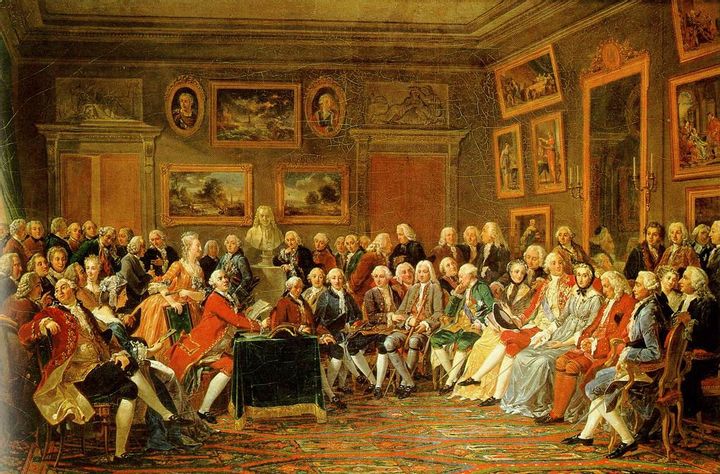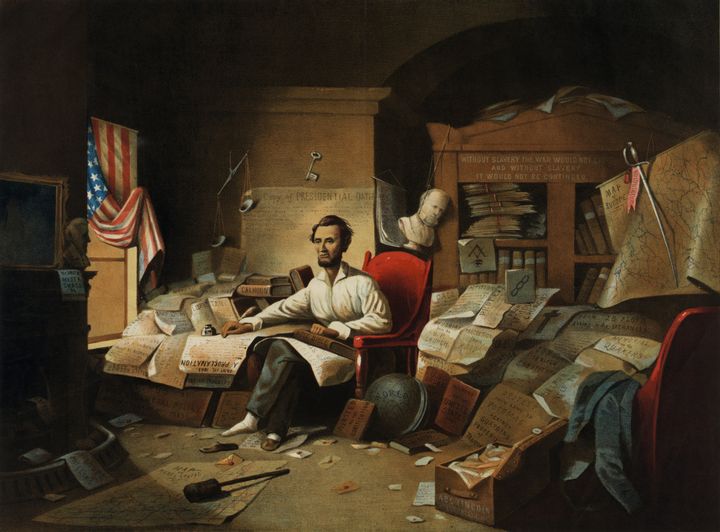

War games translates German Kriegspiel (see kriegspiel). War chest is attested from 1901 now usually figurative. War crime is attested from 1906 (in Oppenheim's "International Law").
:max_bytes(150000):strip_icc()/long-live-the-three-million-man-red-army-1919-artist-anonymous-464432829-58ea817e3df78c5162498078.jpg)

Warpath (1775) originally is in reference to North American Indians, as are war-whoop (1761), war-paint (1826), and war-dance (1757). Old English had many poetic words for "war" ( wig, guð, heaðo, hild, all common in personal names), but the usual one to translate Latin bellum was gewin "struggle, strife" (related to win (v.)).įirst record of war-time is late 14c. Spanish, Portuguese, and Italian guerra also are from Germanic Romanic peoples turned to Germanic for a "war" word possibly to avoid Latin bellum (see bellicose) because its form tended to merge with bello- "beautiful." There was no common Germanic word for "war" at the dawn of historical times. Cognates suggest the original sense was "to bring into confusion." Late Old English wyrre, werre "large-scale military conflict," from Old North French werre "war" (Old French guerre "difficulty, dispute hostility fight, combat, war " Modern French guerre), from Frankish *werra, from Proto-Germanic *werz-a- (source also of Old Saxon werran, Old High German werran, German verwirren "to confuse, perplex"), from PIE *wers- (1) "to confuse, mix up".


 0 kommentar(er)
0 kommentar(er)
